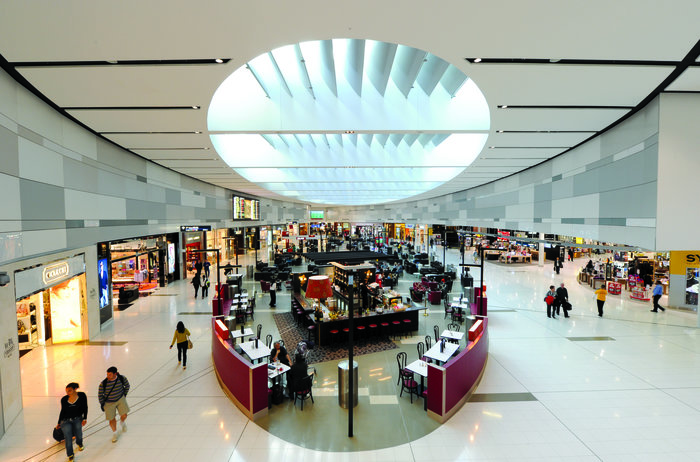Sydney Airport has released its Master Plan 2039, outlining its strategic direction for the development of the hub over the next 20 years.
Master Plan 2039 refreshes the current Sydney Airport Master Plan 2033 – approved in 2014 – and extends the planning period to 2039.
The new document is designed to accommodate the forecast 51% increase in annual passenger numbers to 65.6 million over the planning period.
International passengers – who contribute the most to the New South Wales and Australian economies – will be the main driver of growth and, by 2039, the mix of international and domestic passengers is expected to be 48% and 52% respectively. The airport expects to handle 408,260 total aircraft movements in 2039.
The planning document contains a five-year ground transportation plan and 20-year ground transportation strategy to improve road network performance in and around Sydney Airport.
The ground transportation solutions have been designed to recognize potential changes to traffic volumes and patterns resulting from the opening of the new WestConnex freeway and Sydney Gateway connection.
It also outlines the airport’s approach to sustainability and incorporates this into the planning and design for future expansion. The hub has achieved a four-star Green Star Communities rating from the Green Building Council of Australia for this masterplan.
Sydney Airport also proposes expansions of the existing terminal precincts to meet forecast passenger number growth. The airport claims its plans will improve the passenger experience, reduce transfer times and enable more effective utilization of terminal and airfield infrastructure. This includes the provision of new terminal infrastructure north of T1 and east of T2 and T3, to deliver 17 additional contact stands and seven more active bussed aircraft parking positions.
The key operational strategies for the airport development plan are to continue development of capacity in the T1 international operations precinct in the North West and South West sectors; and expanded capacity in the North-East Sector to create a T2/T3 integrated operations precinct that provides for international, domestic and regional passenger services.
Master Plan 2039 has been submitted to the Australian government for approval.

